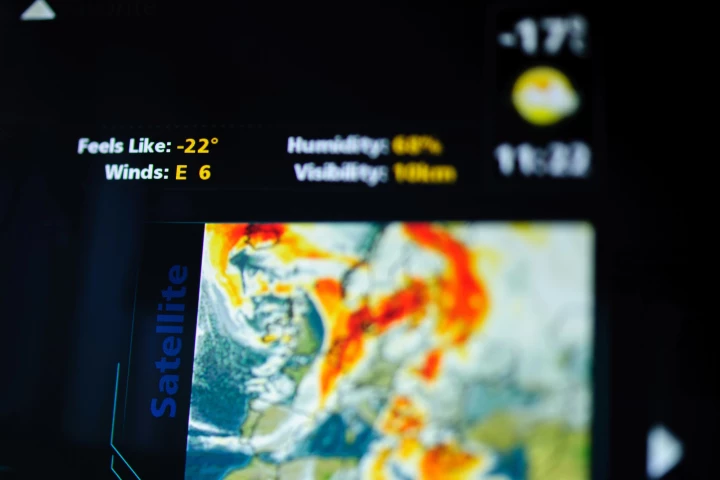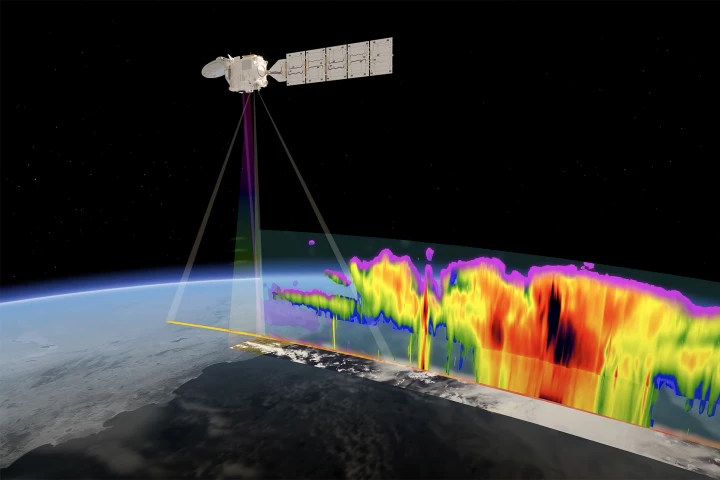Climate
-
A new kind of paint might be the key to cooling homes in humid climes like Singapore. Researchers based in the island country found their custom white paint, specially developed to 'sweat,' significantly reduced the need for air conditioning.
-
GenCast, an AI-powered weather prediction tool, can crank out 15 days of highly accurate weather forecasts in minutes. Not only will it help you dress right in the morning, but it can give valuable, life-saving warnings for extreme weather events.
-
If you find that you can never get the temperature quite right in bed, a new gizmo called the Homiffi could help. It cranks out either cool or warm air and also acts as a clock, a wireless charger, a Bluetooth speaker and more.
-
The dynamic way different-shaped snowflakes perform distinct 'dances' within clouds has been found to influence how much precipitation is likely to form. The discovery of this unique cloud choreography opens the door to precise weather forecasts.
-
Saturn’s rings are iconic, but new evidence presented by researchers from Monash University suggests Earth might once have sported one of its own. This ring would likely have caused climate chaos on the surface.
-
While traditional fire cremations burn fossil fuels, known pollutants that can emit harmful substances like carbon monoxide, heavy metals, and particulates, water cremations offer a cheaper, greener alternative to end-of-life processes.
-
Earth saw its hottest day on record this week – twice. According to the Copernicus Climate Change Service data, Sunday claimed the top spot for highest global average temperature since the records began in 1940, only to be broken again on Monday.
-
Earth’s seasons change as we orbit the Sun – but can the climate also be affected by the solar system’s changing position in the Milky Way? A new study suggests an ice age about two million years ago may have been triggered by an interstellar winter.
-
Clouds. They’re not very well understood. EarthCARE, a soon-to-launch satellite, will use advanced tech to unlock their mysteries, giving scientists a better understanding of the mysterious weather phenomenon so they can produce more accurate climate forecasts.
-
We all know that water evaporates when the temperature climbs, but researchers have just shown that there's another factor at play. The breakthrough could solve long-standing atmospheric mysteries and lead to future technological advances.
-
This week’s global NVIDIA GTC, GPU Technology Conference, included a discussion about using accelerated computing to drive climate action. Three startup companies have taken advantage of NVIDIA's AI and Earth-2 platform to do just that.
-
Climate change will trigger stronger storms more often, and the threat may not be properly communicated. Now, scientists at Berkeley Lab suggest there’s room for a Category 6 on the scale – with five storms in the past decade reaching that strength.
Load More











